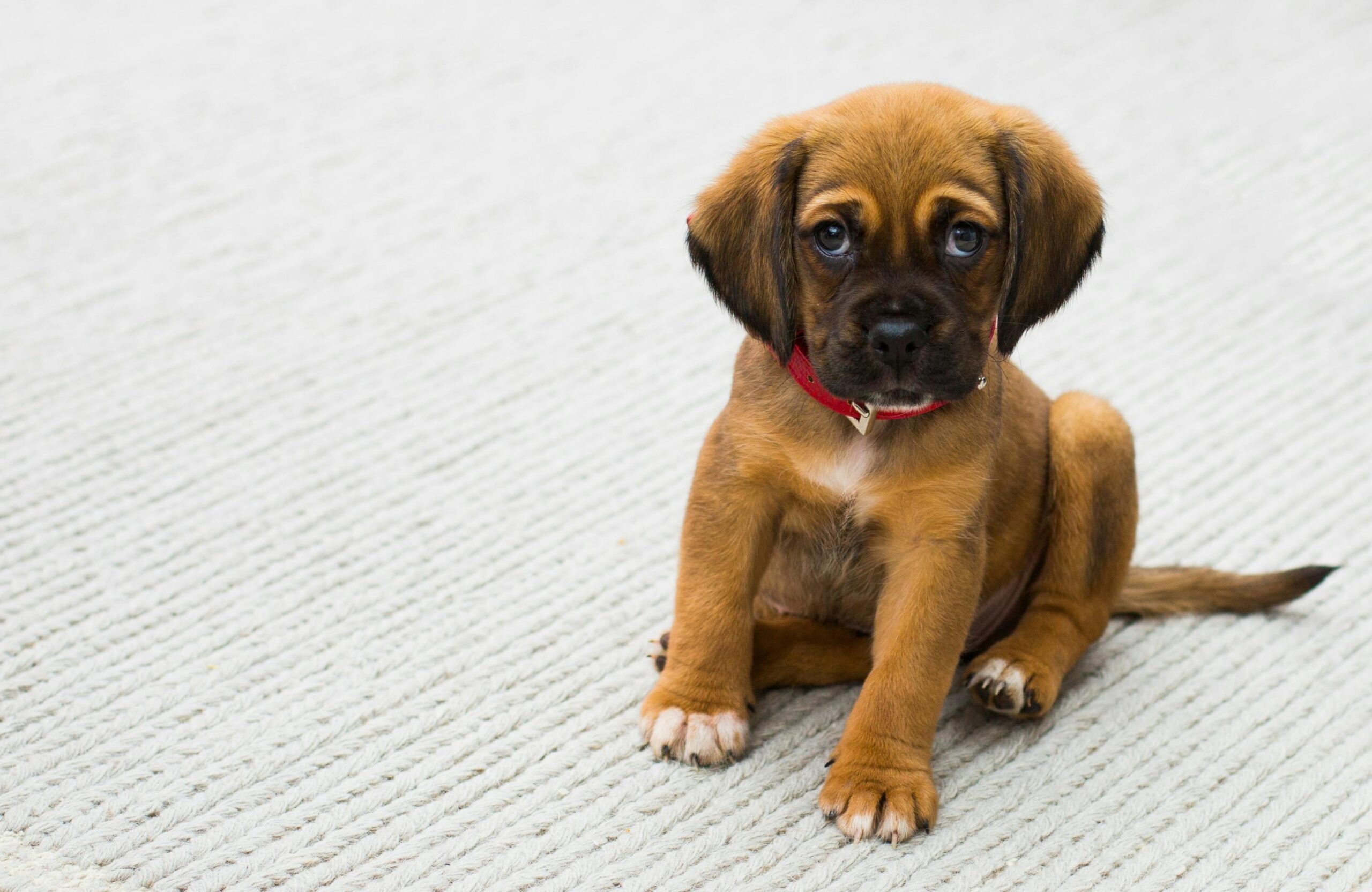Your cart is currently empty!

At What Age Should You Start Training Your Puppy? Expert Advice for New Owners
Bringing a new puppy into your home is exciting, but it can also raise a lot of questions. One of the most common questions new puppy owners ask is, “When should I start training my puppy?” The answer is simple: as soon as you bring your puppy home! While some people believe you should wait until a puppy is older, the truth is that you can start training your puppy right away. In fact, the earlier you start, the better.

Why Early Training Matters
Puppies are like little sponges—they absorb information rapidly during their first few months of life. This period, known as the “critical socialization period,” lasts from around 3 to 16 weeks of age. During this time, puppies are most open to new experiences and are forming their understanding of the world. It’s an ideal time to start introducing basic training, routines, and socialization.
Starting early helps build good habits before bad behaviors can develop. Puppies who start training early tend to learn faster and are less likely to develop behavioral issues later in life.
What Can You Teach a Young Puppy?
Even though your puppy is small and still learning about their new environment, they can learn basic skills early on. Here are some training areas you can start working on with a young puppy:
1. House Training Your Puppy
House training (or potty training) is one of the first things you should start teaching your puppy. Consistency is key here—take your puppy outside frequently and reward them when they go to the bathroom in the right place.
2. Crate Training Your Puppy
Crate training helps your puppy feel secure and gives them a safe space to retreat to when they need rest. Start slowly by introducing the crate as a positive place, never as punishment.
3. Puppy Socialization
Between 3 and 16 weeks is a critical time for socialization. Introduce your puppy to new people, places, sounds, and other dogs in a controlled and positive way. Proper socialization helps prevent fear and aggression issues as your puppy grows older.
4. Basic Commands for Puppies
Yes, even young puppies can start learning basic commands! Start with simple commands like “sit,” “come,” and “down.” Use treats and positive reinforcement to reward good behavior. Keep training sessions short and fun, as puppies have short attention spans.
5. Leash Training Your Puppy
It’s never too early to introduce your puppy to a leash. Start by letting them wear a lightweight leash around the house so they can get used to it. Slowly work up to walking on a leash outdoors, teaching them to walk by your side without pulling.
How Long Should Training Sessions Be?
Puppies have short attention spans, so it’s important to keep training sessions brief and positive. Aim for 5-10 minute training sessions a few times a day. Gradually increase the length of your training as your puppy matures. Short, frequent training sessions are more effective than long, drawn-out ones.
When to Start Formal Training Classes
While you can do a lot of training at home, formal puppy training classes can be a great way to continue your puppy’s education. Most puppy classes accept puppies as young as 8 weeks, provided they have received their first round of vaccinations. These classes can help with socialization, basic obedience, and building confidence.
The Importance of Patience and Consistency
Training a puppy takes time and patience. It’s important to be consistent with commands and rewards. Puppies are still learning how the world works, and they won’t always get things right the first time. But with regular practice and positive reinforcement, your puppy will start to understand what’s expected of them.
Conclusion
The best time to start training your puppy is the moment they arrive in your home. Early training builds a strong foundation for good behavior and helps your puppy become a well-adjusted, confident adult dog. Whether it’s house training, basic commands, or socialization, your puppy is ready to start learning right away. By starting early and staying consistent, you’ll set your puppy up for a lifetime of good behavior and a strong bond with you.

